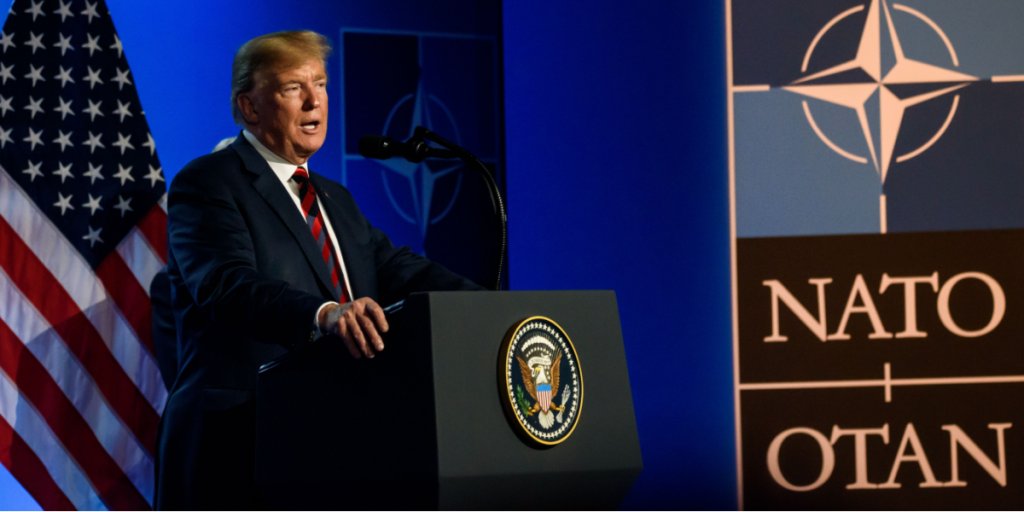As NATO marks new defense spending goals, divisions remain over how to handle Russia.
Others are reading now
The recent NATO summit in The Hague closed with a display of unity on defense budgets but exposed deep rifts over Russian President Vladimir Putin’s long-term goals.
While U.S. President Donald Trump views Putin as seeking a way out of Ukraine, European leaders fear the Russian threat is just beginning.
Trump, once a fierce critic of NATO, praised the alliance’s move toward committing 5% of GDP to defense and shared a rare moment of camaraderie with NATO Secretary General Mark Rutte.
Yet behind this show of cohesion lies a key disagreement: whether Russia is looking to end its war or expand it.
Also read
Contrasting Threat Perceptions
As reported by Reuters, Trump told reporters that Putin “would like to settle” the Ukraine conflict, calling the war a “mess” for Russia.
Secretary of State Marco Rubio echoed this, suggesting further sanctions could derail potential ceasefire talks.
But NATO officials and European leaders, including Rutte, offered a far grimmer view.
“If we do not invest now, we are really at risk that the Russians might try something against NATO territory in three, five or seven years,” Rutte warned, framing the danger in existential terms.
A senior NATO official added that Russia’s goal is not just territorial but to impose its political will across borders.
No Clear Russia Strategy
Despite the consensus on boosting military budgets, the summit fell short on developing a unified strategy toward Russia.
Hungarian Prime Minister Viktor Orban, a Trump ally, downplayed the threat, while others within NATO insisted that the Kremlin’s ambitions stretch well beyond Ukraine.
Philippe Dickinson, of the Atlantic Council, called the lack of a Russia strategy a “glaring omission.”
He noted that without alignment among allies, any peace effort between Trump and Putin would be incomplete. “There does need to be European involvement,” Dickinson said.
For now, NATO may have avoided a public rift, but key strategic questions about Putin remain unanswered.


